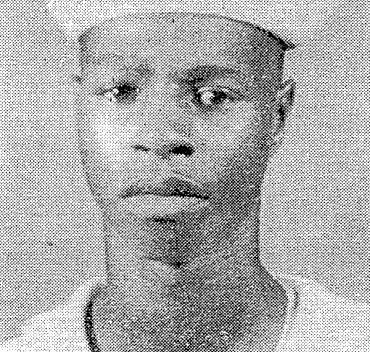
Local News
Dorie Miller: One of Pacific’s 1st heroes
Mess Attendant Second Class Dorie Miller moved easily among the officers and men while collecting laundry on the ... Read more

Mess Attendant Second Class Dorie Miller moved easily among the officers and men while collecting laundry on the ... Read more